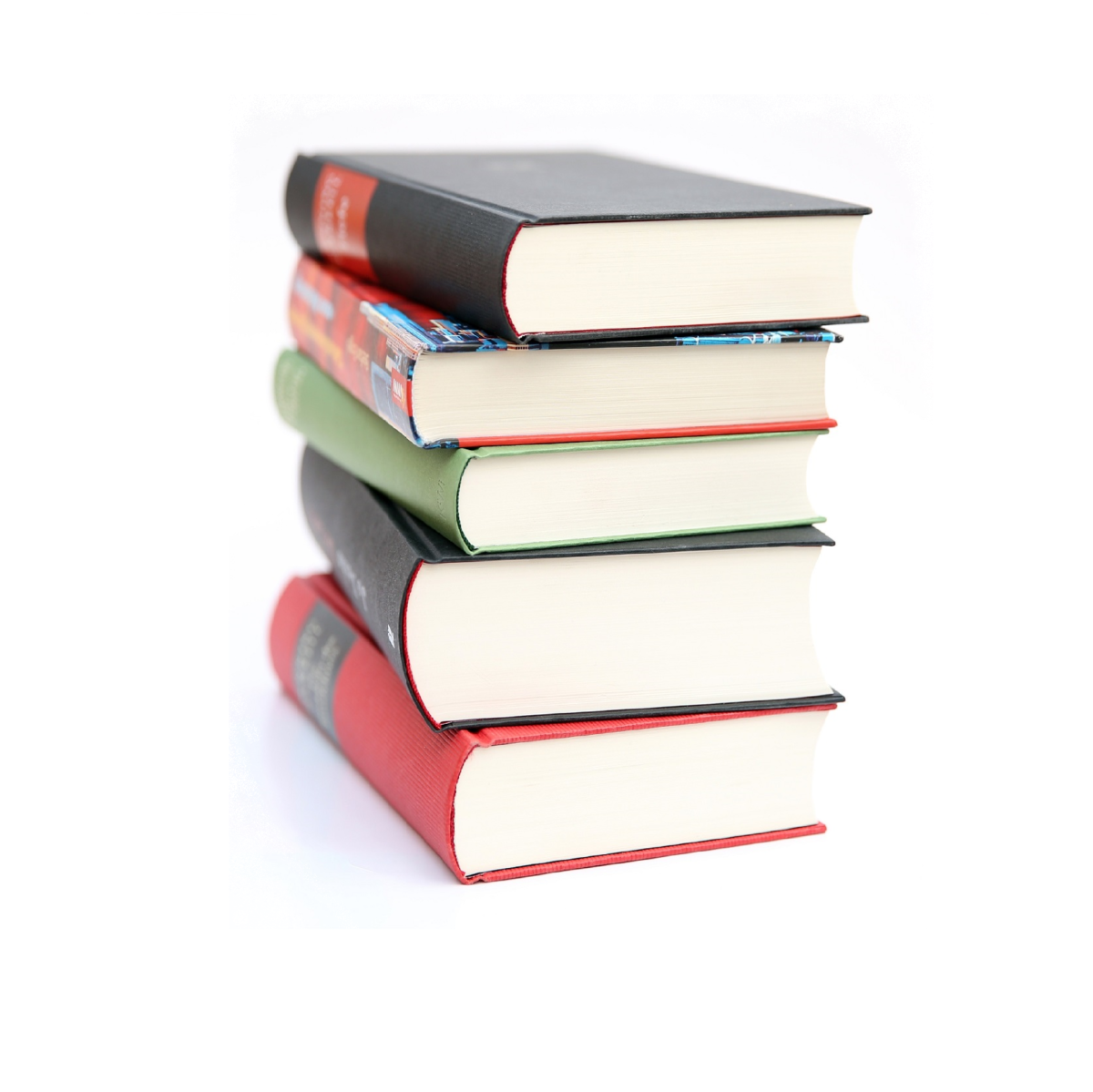A first of its kind, this collection of writing by Arab women journalists is both challenging and thought-provoking. It’s not comfortable reading but it’s well worth picking up, because it totally delivers.
The nineteen essays cover an enormous range – from Lina Attalah’s “On a belated encounter with gender” which tenderly examines the inter-relationship between her country, her gender, her journalistic calling and her dead father’s opinion of her, to Natacha Yazbek’s riveting account of the places and people (Syria, Beirut, Yemen) she has covered and left behind without enough thought, in “Spin.” She exposes her sense of guilt as she writes from the safety of Dubai. These are examples of journalistic attachment rather than detachment. The phrase “Yemenis are generally… browner and therefore more difficult to see” affects me still.
This volume is separated into five sections: Remembrances, Crossfire, Resilience, Exile and Transition. Edited by the Lebanese British journalist, Zahra Hankir, the measured language of the writing and the sensitivity of touch contrasts with the tough situations most are writing about. This is reporting from the field with strong and different perspectives, and offers a very different take from the usual global-political fare in the British news media. This is their world and we are invited to glimpse it, and experience it from an emotional and considered point of view.
Take “An Orange Bra in Riyadh,” where Donna Abu-Nasr exposes the almost comical contradictions in modern Saudi Arabia: beauty pageants for sheep, stand-up comedy, new relaxed laws on driving, and cinema bubbling unhappily with the powers of the religious police to disrupt Valentine’s Day or the murder of fellow journalist Jamal Khashoggi.
Some of these essays span years and thousands of miles; some are deeply personal: “Three Girls from Morocco” is Aida Alami’s intimate tale of the death of her close friend Leila, a photographer documenting survivors of violence and abuse for Amnesty International. “The essence of Leila’s work was to empower, rather than victimize, her subjects,” a fitting statement for this whole book. The reader is invited in to share these worlds with richly described and evoked scenes, people and truth. I found myself reading with awe and feeling.
It would be almost impossible in a review to do justice to the essays of these nineteen brave and skilful journalists – I completely recommend it.
Out now, published by Penguin Books, Available from good bookshops including October Books in Portswood Road, Southampton.

